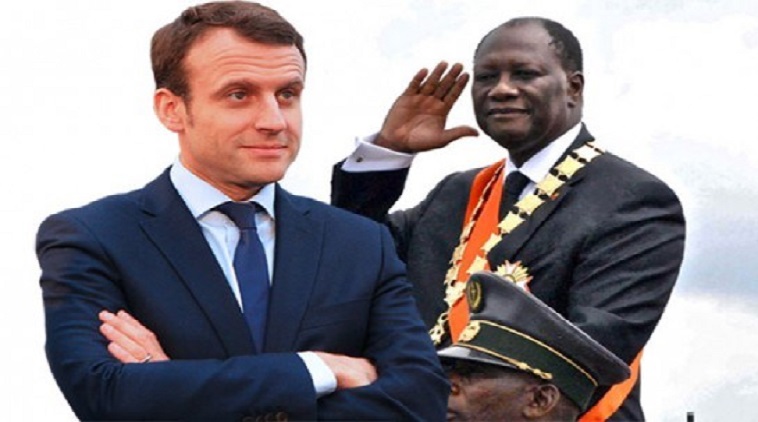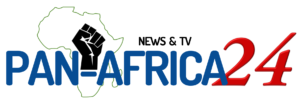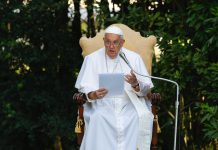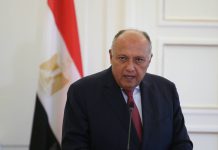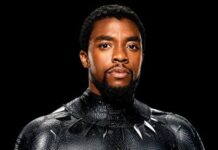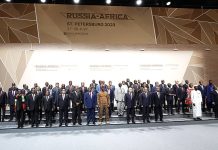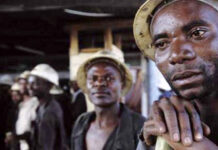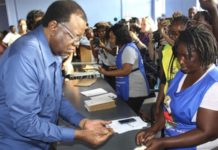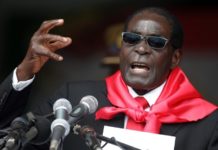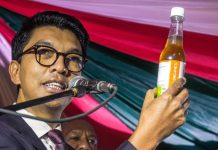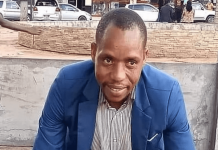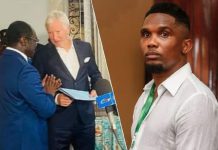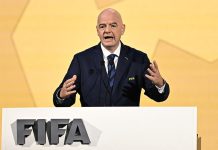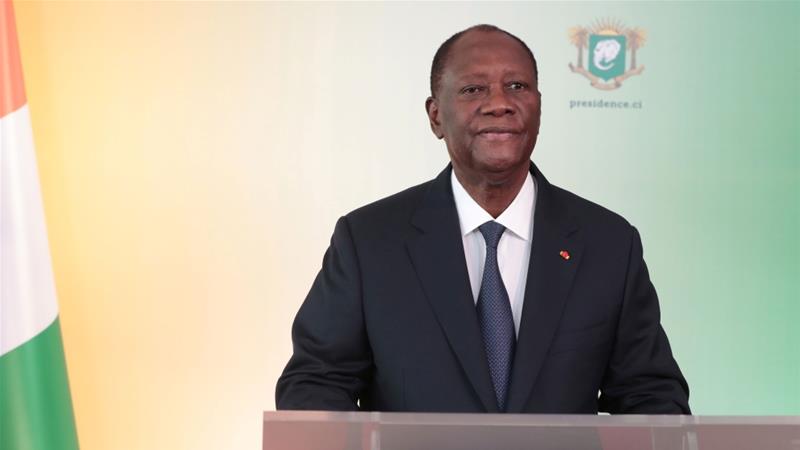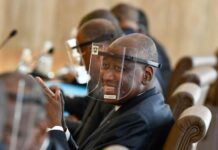President Alassane Ouattara announced on Thursday that he will be seeking a third term in office in Ivory Coast’s October Presidential Elections.
“I have decided to respond favourably to the call of my fellow citizens,” Mr. Ouattara declared in a televised speech. “Given my previous promise, this decision represents a real sacrifice for me” he added.
In March, Mr. Ouattara had announced that he will not be seeking re-election. His party, the Rally of Houphouëtists for Democracy and Peace on March 16, nominated then Prime Minister Amadou Gon Coulibaly as the party’s Candidate. With the sudden death of Mr. Coulibaly in July, there was a renewed call within the party for Mr. Ouattara to step in. On Thursday, Mr. Ouattara agreed to that call and noted that his decision is legal as the two-term limit in the constitution was set in 2016 after his first term.
The country’s main opposition party, the Ivorian Popular Front (FPI), formerly headed by Ex-President Laurent Gbagbo, has, however, termed Mr. Ouattara’s to run “deplorable”. FPI spokesman Issiaka Sangare, in an interview on Reuters, decried the decision, saying “Ivory Coast could have given another signal that would have allowed democracy to continue.” The party announced that one-time Prime Minister Pascal Affi N’Guessan will be representing the party in the October election, ending speculation Gbagbo might return from abroad to stand.
The other candidates for the October 31 elections include former president Henri Konan Bedie (1993 – 1999), Pascal Affi N’Guessan and Mamadou Coulibaly. Former rebel leader and Prime Minister under Ouattara had expressed his intensions to run but an Ivorian court sentenced him in absentia to 20 years in prison for embezzlement.
Many prominent Ivorians and Africans have called on Mr. Ouattara to reconsider his decision to run again.
Many political analysts and Pan-Africanists see Mr. Ouattara as a setback for democracy in Ivory Coast and Africa in general. The Executive Director of Open Society Initiative for West Africa, Ayisha Osori, called the decision “terrible”. She noted that “It ensures heightened tensions for the presidential elections since he will be pitted against old adversaries who are coalescing and it ensures that the dangerous trend of third termers/tenure will gain traction and embolden those who are thinking about it,”
Many observers see the fear of retribution in Mr. Ouattara’s decision. Many within Ouattara’s party are collaborators in the humiliating ousting of former president Gbagbo and fear that if their party loses control of power, a new transparent government will prosecute them for crimes committed during and after the ousting of Mr. Gbagbo.
Anti-colonialists see the not-so-invisible hand of Ivory Coast’s former colonial and current neo-colonial master, France as the real authors of Mr. Ouattara’s decision. Many point to the fact that France has been using Mr. Ouattara to derail the ECOWAS’ process of creating a common currency. ECO, that removes the French-controlled Franc CFA used by former French colonies in the region. If Mr. Ouattara is out of office in Ivory Coast, France potentially loses its main inside man and puppet in ECOWAS.
“In addition to its active sabotage of the ECO project through Mr. Ouattara, France also fear that a new government may open a transparent investigation into France’s role in the ousting of President Gbagbo in 2011” one observer noted
In March Mr. Macron of France had welcomed Mr. Ouattara’s decision not to stand for re-election as “Historic” and noted that Ivory Coast is setting an example.
However, after Mr. Ouattara announced that he had changed his mind and will stand for re-election, Mr. Macron has remained mute raising speculations France is in support of the decision or even behind Mr. Ouattara’s decision in order to protect its interest in Ivory Coast and the region.
